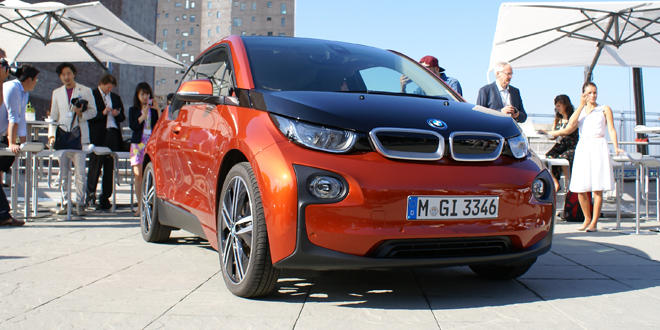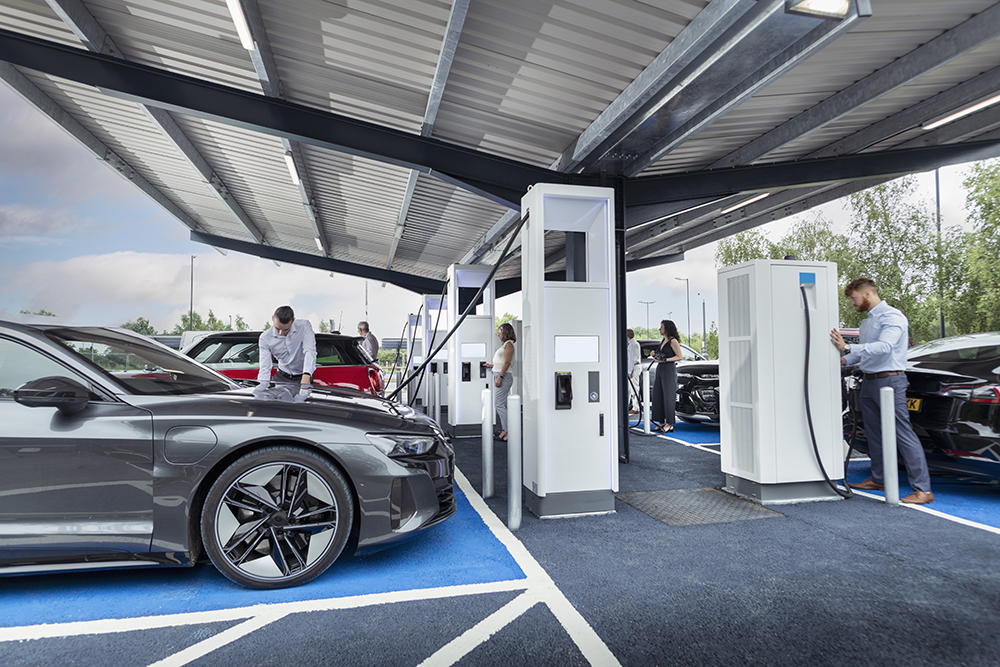BMW has partnered with Pacific Gas and Electric (PG&E) for an 18-month demand response pilot in the San Francisco Bay Area.
The ChargeForward Program has two parts: the first is a managed charging program, in which 100 i3 owners will allow BMW to delay the charging of their vehicles by up to an hour, based on requests received from PG&E when grid loads are at their peak.
The goal is to provide PG&E with up to 100 kilowatts of capacity at any given time, regardless of how many EVs are charging. For each program “event,” when PG&E experiences peak load conditions, participants will receive a text message notifying them that their charging will be halted for up to one hour. Participants can choose to opt out of any request based on their driving needs.
As an incentive for participating, drivers will receive $1,000, with a bonus of up to $540 based on their level of participation in demand response events. In the future, programs like this could reduce the total cost of EV ownership, as utilities provide drivers with cash incentives that offset the cost of installing a charging station.
“One thing that we’ll be investigating with this pilot is understanding how people charge, how flexible they are with respect to when they charge, and how best to design future products in ways that benefit both customers and utilities,” noted Julia Sohnen, Advanced Technology Engineer – Sustainable Mobility.
In the second part of the program, BMW is repurposing used MINI E batteries to build a stationary solar-powered electric storage system at the BMW office in Mountain View. A 240 kWh system built from eight used MINI E batteries will store energy and return it to the power grid. At the end of a vehicle’s life, these batteries still have at least 70% of their original storage capacity.
Source: BMW Group










































































































